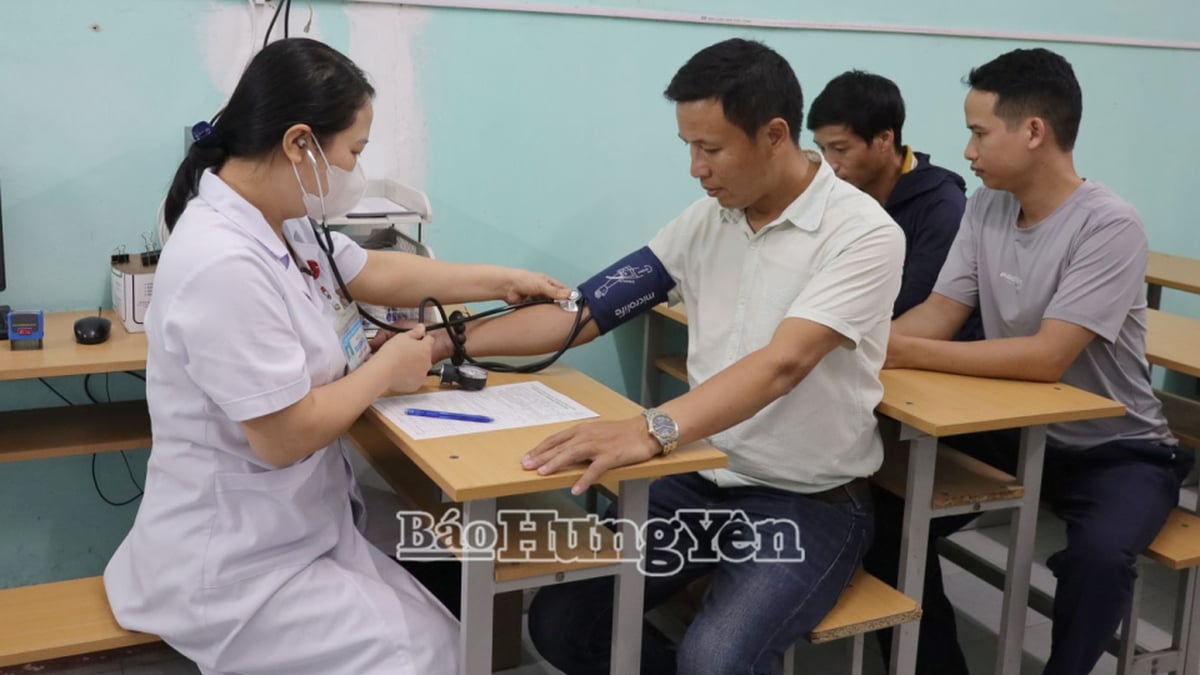In the context of increasing globalization, English proficiency has become one of the key factors for countries to compete for human resources. In Japan, the government is stepping up efforts to improve students' foreign language skills, through curriculum reform, setting clear goals and investing heavily in testing.
A recent survey by the Japanese Ministry of Education found that more than 50% of public junior high and high school students achieved basic English proficiency according to the Eiken English Proficiency Assessment Framework, which is widely recognized in Japan. Specifically, 52.4% of junior high school seniors achieved Level 3 or higher, and 51.6% of high school seniors achieved Pre-2 or higher.
The survey shows that this is a positive signal, showing that changes in English education policy have initially brought results. In particular, some localities such as Saitama, Fukui or Fukuoka recorded a very high rate of students meeting the standards. This partly reflects the effectiveness of implementing education in a more localized and flexible direction.
Similarly, approximately 46% of secondary school teachers and more than 82% of high school teachers have achieved English proficiency equivalent to Pre-1 or higher, which is the expected level to be able to teach professionally in English.
However, statistics also have certain limitations. Of the more than 50% of students who are “rated as qualified”, only a portion of them actually pass the Eiken. The rest are confirmed through subjective teacher assessments.
Not to mention, the EF English Proficiency Index 2024 ranked Japan 92nd out of 116 countries and territories, behind many Asian countries such as Korea and China. This lag partly reflects an approach to English that is still too formal and has not caught up with the trend of learning languages associated with practical skills.
One of the core reasons is that English learning in Japan is still constrained by exam pressure. Children are forced to memorize vocabulary and sentence patterns for tests, instead of being encouraged to use the language in natural contexts. This not only reduces the interest in learning, but also makes students see English as a subject to “pass”, rather than a communication tool.
The 2021 survey found that nearly a third of primary school students dislike learning English, an increase of 8% compared to 2013. This is a worrying figure, especially when the English curriculum has been expanded from grade 3.
In addition, the disparity in educational opportunities between regions and social classes is also exacerbating inequality. Children from wealthy families often have the opportunity to take exam preparation courses, take extra classes or study abroad. Meanwhile, the quality of English teaching for students in public schools is limited by human resources, finance and facilities.
Many students only really enjoy English after they have had the opportunity to travel abroad, reflecting a huge gap in on-site language learning experiences. Experiential learning formats such as role-playing, drama, English speaking clubs, and debate competitions are proving effective, but they are still overlooked in favor of standardized testing.
Mr. Jason Boor, founder of the English education organization “Tokyo English Kids Adventure”, affirmed: “Immersive experiences help children gain confidence, increase their vocabulary and respond more naturally when using English. The fun learning environment, real communication and less exam pressure have ignited a true passion for language in children.”
Source: https://giaoducthoidai.vn/nhat-ban-no-luc-nang-cao-giao-duc-tieng-anh-post741234.html


































































![[Photo] National Assembly Chairman Tran Thanh Man receives Chairman of Morocco-Vietnam Friendship Association](https://vphoto.vietnam.vn/thumb/402x226/vietnam/resource/IMAGE/2025/7/26/b5fb486562044db9a5e95efb6dc6a263)





































Comment (0)